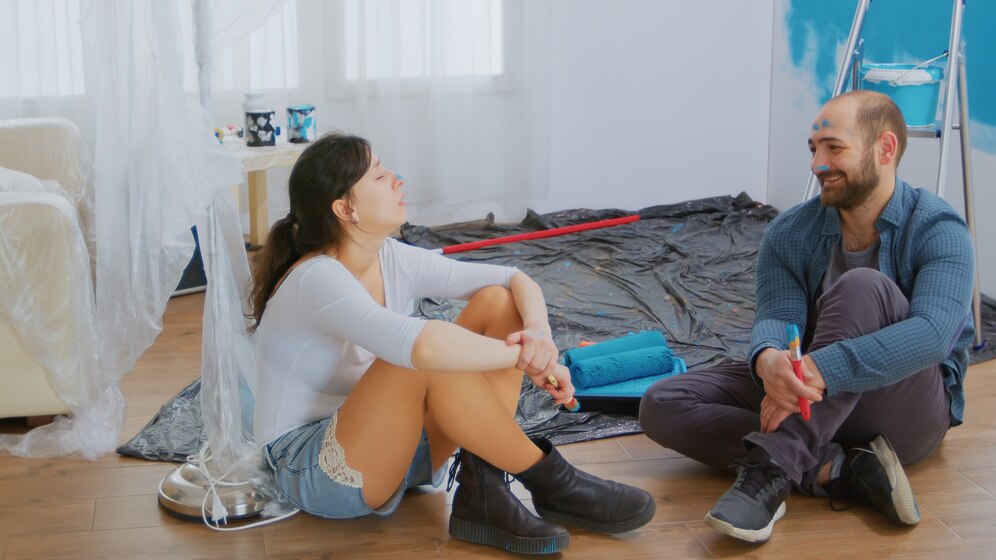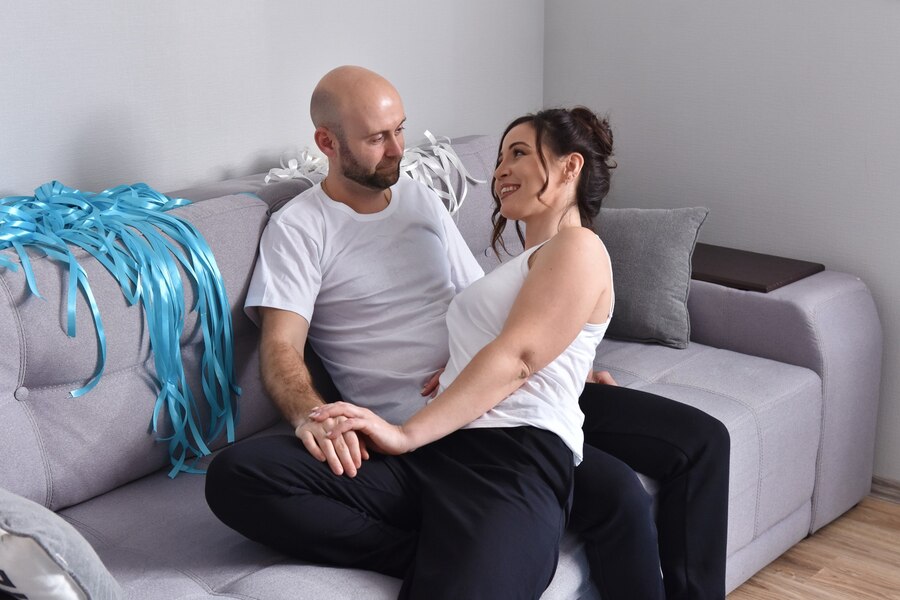Two Hearts, One Goal: Couples Rehabs’ Road to Recovery
For couples struggling with addiction, the path to healing can feel overwhelming. Isolation often fuels addiction, making individual recovery attempts a precarious tightrope walk. But what if there was a way to heal together, drawing strength from a shared commitment? Enter Couples Rehabs, a specialized treatment approach that empowers couples to embark on their recovery journeys side-by-side.
Couples Rehabs Services 888-325-2454
Understanding Couples Rehabs
Couples Rehabs, also known joint rehabilitation, is a form of addiction treatment in Orage County, designed for couples where both partners are struggling with substance abuse or co-occurring disorders. This intensive program provides a safe and supportive environment where couples can address their individual addictions while simultaneously working on repairing their relationship.
Why Choose Couples Rehabs?
While traditional rehab programs offer invaluable support, they often neglect the unique challenges faced by couples battling addiction. Here’s how couples rehabs can make a difference:
- Strength in Numbers: Facing addiction together fosters a sense of shared purpose and accountability. Partners can become each other’s cheerleaders, celebrating milestones and providing support during difficult moments.
- Identifying Relationship Triggers: Addiction can significantly strain a relationship. Couples rehabs helps identify triggers within the dynamics of the partnership that may lead to relapse. Learning healthier coping mechanisms strengthens the bond and reduces the risk of future substance abuse.
- Communication Skills Development: Couples rehabs teaches effective communication skills, a crucial element for a healthy relationship. Therapists guide couples in expressing their needs, practicing active listening, and resolving conflict constructively.
- Healing Old Wounds: Addiction often stems from unresolved emotional issues. Couples rehabs provides a safe space to address these underlying causes, promoting emotional healing and fostering a stronger foundation for the relationship.
What to Expect in Couples Rehabs
Couples rehabs programs typically follow a structured schedule, incorporating individual therapy sessions, couples counseling, group therapy, and educational workshops. Here’s a breakdown of some key components:
- Individual Therapy: Individual sessions ensure that each partner receives personalized treatment addressing their specific needs and triggers. Therapists can tailor therapy techniques such as cognitive behavioral therapy (CBT) or motivational interviewing to maximize individual recovery.
- Couples Counseling: Couples counseling focuses on repairing the relationship and building healthier communication channels. Therapists guide couples in identifying negative patterns and developing new coping mechanisms for addressing conflict.
- Group Therapy: Group therapy sessions allow couples to connect with others facing similar challenges. Sharing experiences and offering support fosters a sense of community and reduces feelings of isolation.
- Educational Workshops: Workshops provide couples with valuable knowledge about addiction, relapse prevention strategies, and healthy relationship dynamics. Educating partners empowers them to make informed choices and navigate the recovery process effectively.

Benefits of Couples Rehabs
Couples rehabs offers a multitude of benefits for couples seeking to heal from addiction:
- Increased Success Rates: Studies suggest that couples who choose joint rehabilitation have higher success rates compared to individual treatment programs. The support system created within the program fosters a more positive recovery environment.
- Stronger Relationships: By addressing underlying issues and learning healthier communication, couples can rebuild trust, strengthen their bond, and develop a more supportive partnership.
- Relapse Prevention: Couples learn to identify and manage triggers together, significantly reducing the risk of future relapse. They develop a network of support within the program and upon discharge, preventing them from feeling isolated.
- Improved Communication: Therapists equip couples with effective communication skills that enable them to express needs, listen actively, and resolve conflicts constructively. These skills benefit their relationship both during and beyond recovery.
Is Couples Rehabs Right for You?
If you and your partner are struggling with addiction and want to heal together, couples rehabs might be the ideal solution. Here are some signs that indicate joint rehabilitation could be beneficial:
- You both have a desire to address your individual addictions and heal the relationship.
- You are willing to commit to the program’s structure and participate actively in therapy sessions.
- You recognize how your relationship dynamics have contributed to your addiction.
- You are prepared to be open and honest with each other during therapy sessions.
Finding the Right Couples Rehabs Program
With the growing awareness of couples rehabs, numerous treatment centers offer specialized programs. Here are some factors to consider when choosing a program:
- Treatment Philosophy: Research the program’s philosophy. Do their approaches align with your values and needs?
- Treatment Modalities: What therapeutic approaches does the program offer? Consider if they include modalities known to be effective for couples battling addiction.
- Amenities and Location: Choose a program that provides a comfortable and supportive environment conducive to healing. Consider factors like location, amenities, and program duration.
- Insurance Coverage: Many insurance providers cover couples rehabs programs. Contact your insurance company to understand your coverage options.
A Brighter Future Together
Couples rehabs isn’t a magic bullet, but it’s a powerful tool that can empower couples to overcome addiction and build a stronger, healthier future together. The journey will have its challenges, but with commitment, support, and the right treatment program, couples can rewrite their narrative.
Remember, recovery is a lifelong process. Even after completing the program, couples should continue to prioritize healthy communication, self-care, and relapse prevention strategies. Support groups specifically for couples in recovery can be invaluable resources.
If you’re considering couples rehabs, don’t hesitate to reach out to a qualified treatment center for more information. There is no shame in seeking help, and the potential rewards for your relationship and individual well-being are immeasurable. Take the first step towards a brighter future together; you deserve it.

- What is couples rehabs?
- Couples rehabs, also known as dual diagnosis treatment or joint rehabilitation, is a specialized form of addiction treatment designed for couples where both partners are struggling with substance abuse or co-occurring disorders. It provides a safe and supportive environment for couples to address their individual addictions while working on repairing their relationship.
- Why choose couples rehabs over individual treatment programs?
- Couples rehabs offers several advantages, including strength in numbers, identifying relationship triggers, developing communication skills, and healing emotional wounds. It allows partners to support each other through the recovery process and address underlying issues that may have contributed to their addiction.
- What can couples expect in a couples rehabs program?
- Couples rehab programs typically include individual therapy sessions, couples counseling, group therapy, and educational workshops. These components address both individual and relationship needs, providing a comprehensive approach to addiction treatment and recovery.
- What are the benefits of couples rehab?
- Couples rehabs offers benefits such as increased success rates, stronger relationships, relapse prevention, and improved communication. Partners learn to navigate the recovery process together, rebuild trust, and develop healthier communication patterns.
- How do couples know if couples rehabs is right for them?
- Couples may consider joint rehabilitation if they both have a desire to address their addictions and heal their relationship, are willing to commit to the program’s structure, recognize the impact of their relationship dynamics on their addiction, and are prepared to be open and honest during therapy sessions.
- What factors should couples consider when choosing a couples rehabs program?
- Couples should consider factors such as the treatment philosophy, treatment modalities offered, amenities and location of the program, and insurance coverage. It’s essential to choose a program that aligns with their needs and provides a supportive environment for healing.
- Is couples rehabs covered by insurance?
- Many insurance providers cover couples rehabs programs. Couples should contact their insurance company to understand their coverage options and any potential out-of-pocket expenses.
- What can couples expect after completing a couples rehabs program?
- After completing a couples rehabs program, couples should continue to prioritize healthy communication, self-care, and relapse prevention strategies. Support groups specifically for couples in recovery can provide ongoing support and guidance.
- How can couples find more information about couples rehabs programs?
- Couples can find more information about couples rehabs programs by reaching out to qualified treatment centers, researching online resources, and seeking recommendations from healthcare providers or support groups.
-
What is the first step for couples interested in couples rehabs?
- The first step for couples interested in couples rehab is to reach out to a qualified treatment center for more information. Couples can discuss their needs and concerns with treatment professionals to determine if couples rehab is the right choice for them.

Recent Comments